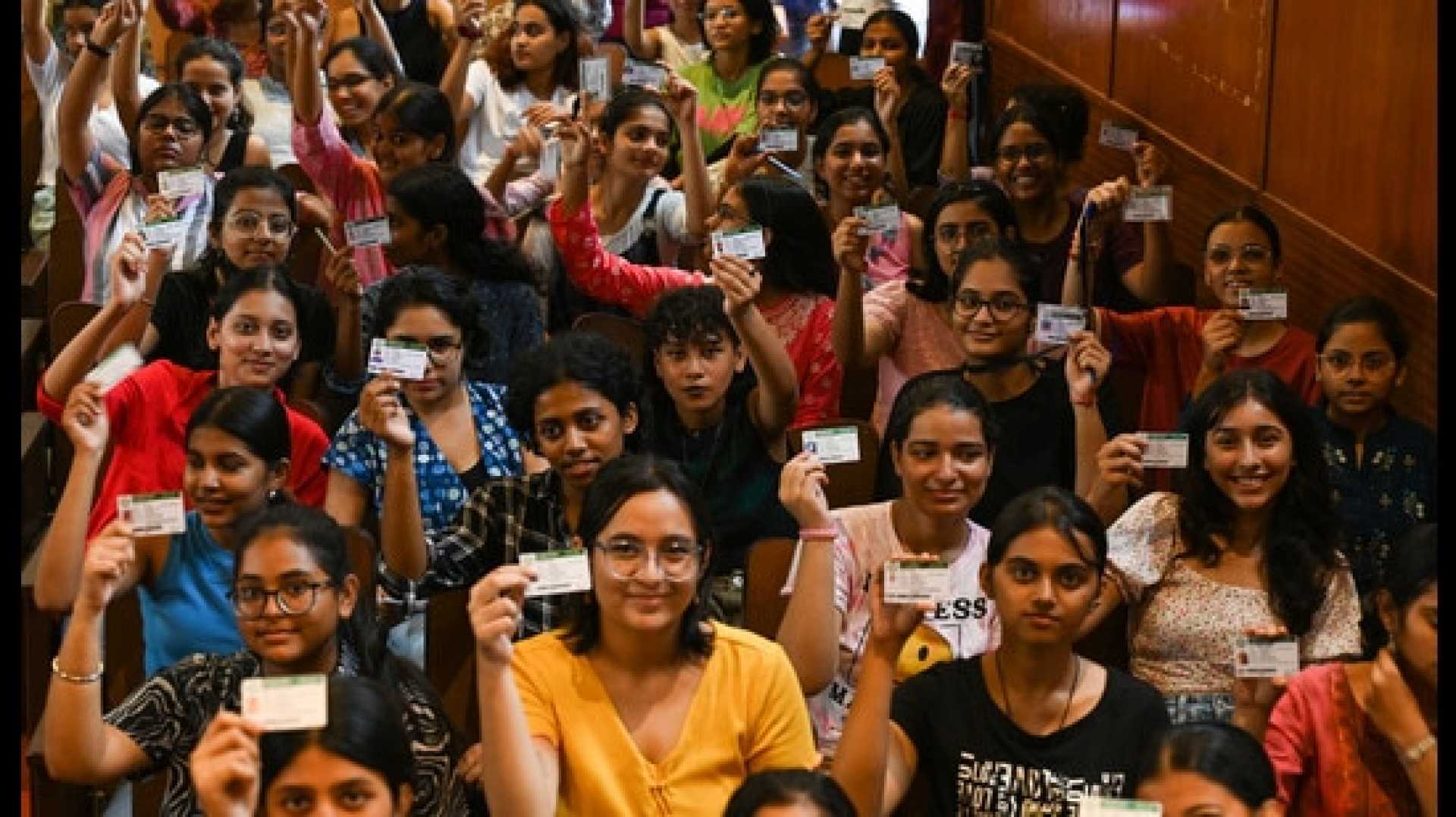Education
Delhi University’s Strategic and Institutional Development Plans Face Criticism

Delhi University’s Academic Council (AC) meeting on Thursday witnessed the approval of two significant draft proposals: the ‘Strategic Plan 2024-2047’ and the ‘Institutional Development Plan 2024’. These proposals were passed despite notable dissent from faculty members who argued that the documents mandated under the National Education Policy 2020 were rushed through the approval process.
The development plan highlights a shift in the university’s funding strategy, acknowledging a “falling trend in government grants” and proposing the generation of revenue through “internal as well as external sources.” Many faculty members expressed concern that this might result in increased student fees to compensate for reduced funding from the University Grants Commission.
In response to objections, a university official mentioned that feedback concerning the development plan and proposed changes to a history paper was earmarked for administrative review. Objections raised on their merit will be considered by the university administration and incorporated into a revised version, which will be submitted to the Executive Council for final endorsement.
The strategic plan, initially drafted in December last year but withdrawn due to allegations of plagiarism, is intended to transform Delhi University into “an internationally acclaimed university” by fostering interdisciplinary research and strengthening ties with industry, among other goals. University officials confirmed the involvement of eight committees in crafting various components of the plans.
The development plan further mandates identifying new funding avenues through research incentives and corporate social responsibility channels. Additionally, it aims to attract foreign investment, enhance research laboratory infrastructure, and align curriculums with industry standards. Suggestions for more skill-oriented courses and increased collaborations with industries are also included to encourage students to “work while learning.”
Dissenting faculty members criticized the emphasis on industry relations, stating that reliance on industry partnerships undermines the autonomy of public-minded educational institutions. Maya John, an Assistant Professor of History, noted, “The university is clearly moving away from researching social sciences like caste and gender towards specific research areas.”
Naming more committees and action plans, the Institutional Development Plan (IDP) promises less reliance on government funding, instead looking towards alternate revenue strategies. Critics argue this road to financial independence could lead to higher student fees and commercialization of education. Concerns were also raised about potential negative impacts on marginalized students, shifts to digital and hybrid learning impacting classroom education, and the involvement of external individuals in statutory university bodies.
Mithuraaj Dhusiya, an elected member of the Academic Council, remarked that the IDP is “anti-teacher, anti-student, and anti-education”, with its suggestions on self-financing and bypassing existing recruitment norms causing significant unease among faculty members and students alike.
Additional decisions made in the AC meeting included the approval of East Asian language courses at several colleges and the establishment of a formal communication line with St. Stephen's College to address ongoing issues between the college and university administration.












